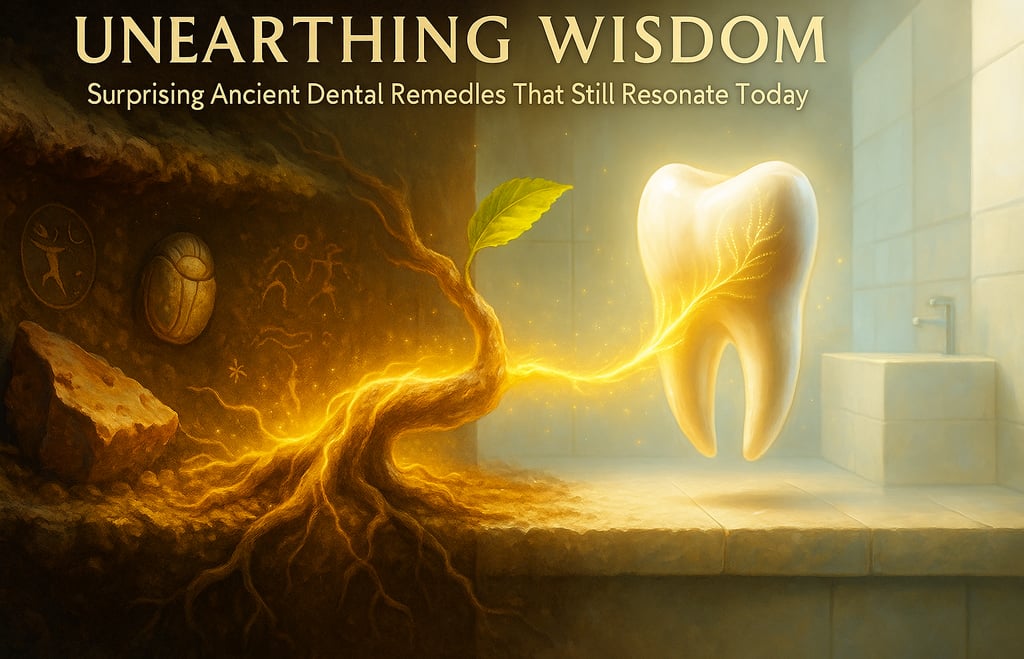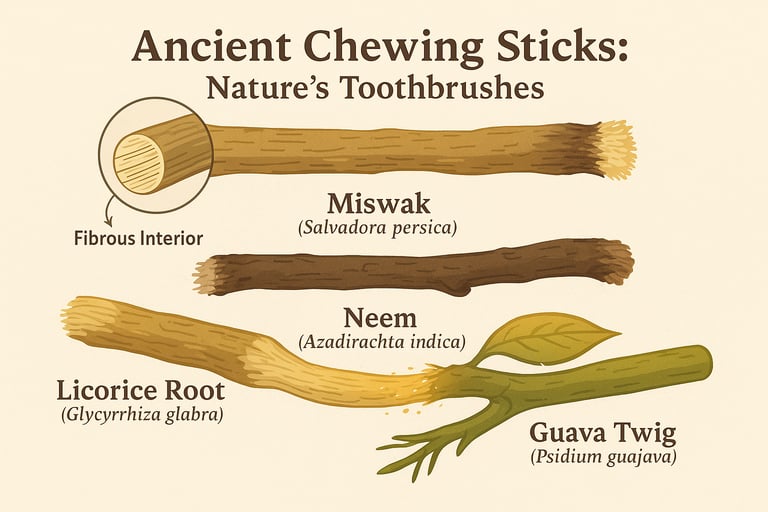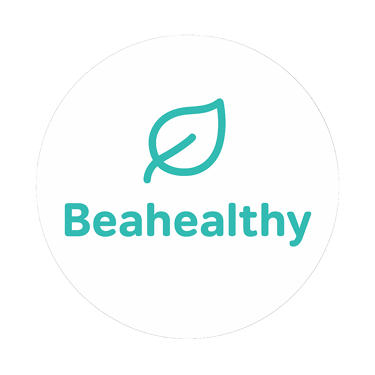Unearthing Wisdom And Surprising Ancient Dental Remedies That Still Resonate Today
Discover fascinating ancient dental remedies from diverse cultures. Learn how historical oral health practices offer surprising insights for modern tooth care. Explore the past, protect your smile!
8/11/20255 min read


Digging Up the Wisdom Surprising Ancient Dental Repairs That Are Still Valid Today
Imagine a toothpaste-less world, without electric toothbrushes and the tell tale whir of a dentist's drill. How did their ancestors, hundreds of centuries past, maintain healthy teeth, treat toothaches, and avoid the decay that plagues so many today? The secret is in a fascinating blend of wit, observation, and natural substances evidence of mankind's time proven quest for wellness in the absence of yet possessing science. To explore early dental treatments is not just some history; it's an insightful journey that precipitates surprising parallels and perhaps even forgotten information for our contemporary oral health.
Ancient Thaughts
Ancient societies developed varied, sometimes successful, methods of dental care, ranging from chewing sticks to elaborate herbal preparations.Most of the ancient methods involved natural materials with antimicrobial and anti inflammatory properties, something gaining popularity now.
Archaeological evidence suggests that despite tooth angst existing, some ancient societies had remarkably healthy teeth, typically due to diet and homemade, if primitive, care.
While not all treatments of ancient times are safe or applicable, their underlying principles offer valuable insight into holistic and preventative traditional tooth care.
The Origins of Oral Hygiene: Chewing Sticks and Initial Breakthroughs
Prior to the toothbrush existed chewing sticks. Utilized across diverse cultures from ancient Babylon to indigenous people in Africa and the Americas, the sticks, typically constructed from fragrant or medicinal trees, were coarse but effective dental tools. Their fibrous ends automatically brushed teeth, while the sap or bark secreted compounds believed to have antimicrobial activity. The Miswak stick, for instance, derived from the Salvadora persica tree, has been used since antiquity in the Middle East and parts of Asia and is still advocated by some modern dentists because it contains natural antibacterial agents.
This unassuming innovation brings to mind a simple principle:
our ancestors understood the importance of mechanical cleaning and the benefits of botanicals. It was more than merely removing food particles; it was employing nature's pharmacy to fight infection and inflammation.
Echoes of Empires: Dental Wisdom from Ancient Civilizations
From the fertile crescent to the rainforests of Mesoamerica, advanced civilizations developed astonishingly advanced solutions to ancient oral health
Pharaohs and Primitive Pastes: Ancient Egypt
Ancient Egyptians, as legendary for their medical breakthroughs, were no exception when it came to tooth afflictions. Archeological record indicates evidence of decayed teeth, abscesses, and even early dentistry. To combat these things, they blended early toothpastes from pumice, powdered ash of ox hooves, burnt eggshells, and myrrh. Imagine brushing with that! Aside from cleansing, they used honey and herbs like mint and frankincense to soothe gum inflammation and cleanse the breath. Papyrus scrolls like the Ebers Papyrus (circa 1550 BCE) describe toothache treatments, typically a mix of herbs applied directly on the affected tooth.
The Wisdom of the East: Traditional Chinese Medicine and Ayurveda
In the East, dental care was deeply rooted in holistic philosophies of health. Traditional Chinese Medicine (TCM) considered dental issues to be imbalances in the energy patterns of the body. They treated pain with acupuncture, herbal mouthwashes (most commonly ginger, ginseng, or rehmannia), and dietary changes to avoid decay. Similarly, traditional Indian Ayurveda advocated twice daily oil swishing (oil pulling with sesame or coconut oil) for gum health and detoxification, as well as scraping of the tongue and neem, miswak, or triphala containing tooth powders. These were intended to maintain the microbiome of the mouth years before anyone had ever used the term.
Mayans and Romans: Different Routes
The Mayans, well known for their intricate dental inlays of turquoise and jade (often for decorative or ritual purposes), also practiced dentistry. They seemingly used crude drills and even prosthetics. In ancient Rome, while some upper class Romans used elaborate toothpicks and even simple dentures, their hygiene practices may be less pleasing to modern sensibilities. The use of urine, which contains ammonia, as a mouthwash was also not unknown for its so-called whitening power. Works to some extent, it's a sad reminder that ancient wisdom wasn't always palatable!
Beyond the Toothache: Holistic Solutions and Herbal History
Most ancient dental remedies were more than just cleaning, attempting to fight pain, swelling, and even general health. Hippocrates, the father of medicine in the Western world, advocated natural drugs, like hot wine and myrrh, to help ease a toothache. Historically, native cultures from all over the world employed specific barks, roots, and leaves like willow bark with its salicylic acid (the precursor to aspirin) or clove oil with its anesthetic eugenol to ease tooth pain. All these natural painkillers and anti-inflammatories express an in-depth understanding of the properties of plants.
"The mouth is the gateway to the body." This ancient adage, repeated throughout cultures, makes reference to an integral understanding of health that contemporary medicine is increasingly unable to overlook. What happens in our mouth can have a serious impact on our health overall.
Your Action Plan: Ancient Lessons for a Smiling Future
While we no longer need to go back to applying ox hoof ash, older concepts are well worth learning from:
Adopt Natural Ingredients: Swish with toothpastes or mouth rinses that have natural antibacterial ingredients like neem, tea tree oil, or peppermint. Attempt oil pulling as a complementary treatment.
Dietary Emphasis: Similar to the original diets, which were lower in processed sugars, having healthier gums and teeth helped. Stressing whole, unprocessed foods remains vital today.
Mindful Oral Care: Take your time. Chew food extremely well. Recognize that oral health is not an isolated concern, but an integral part of your overall health.
See a Holistic Dentist: Some innovative practitioners synthesize old wisdom and new science, offering a more comprehensive solution to your dental health.
Product We Most Trust
After examining centuries of dental history, it is clear that maintaining a healthy balance of bacteria within the mouth is essential ProDentim.Most of the ancient cures concentrated on how the body can naturally maintain this balance, a concept most often forgotten by today's dentistry products packed with poisonous chemicals. If you are in the hunt for a revolutionary technique that goes in harmony with this older know how, do look up ProDentim. This unique combination of 3.5 billion probiotic strains and nutrients is formulated to refill your mouth with good bacteria, feeding the health of your gums and teeth from the inside out.
The Takeaway for US
The journey through ancient dental treatments reveals a profound truth: the quest for a healthy smile is as ancient as man himself. While our equipment and scientific understanding have advanced far, the ethic of cleanliness, natural healing, and an holistic view of the body remain ageless. By appreciating the ingenuity of yesteryear, we gain a greater awareness of our own dental experience, which enables us to make informed decisions that honor both ancient guidance and present science.


Health and Wellness
Your trusted source for health and fitness.
Connect
contact: beahealth.it@gmail.com
© 2025. All rights reserved.
